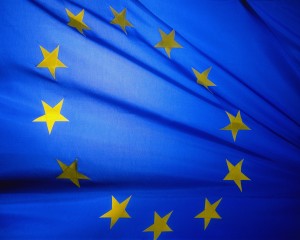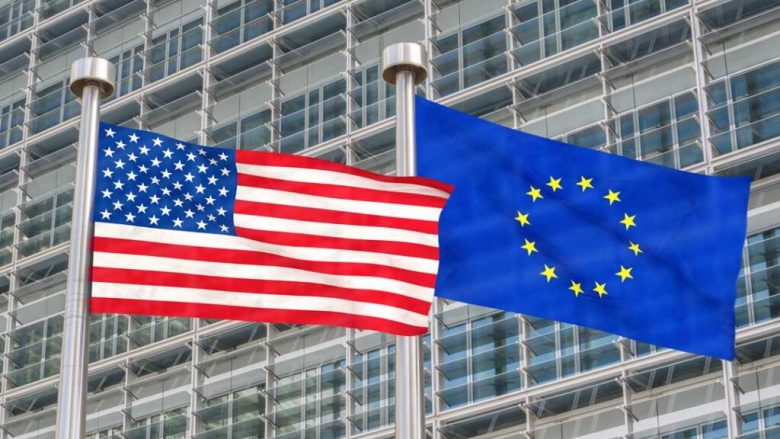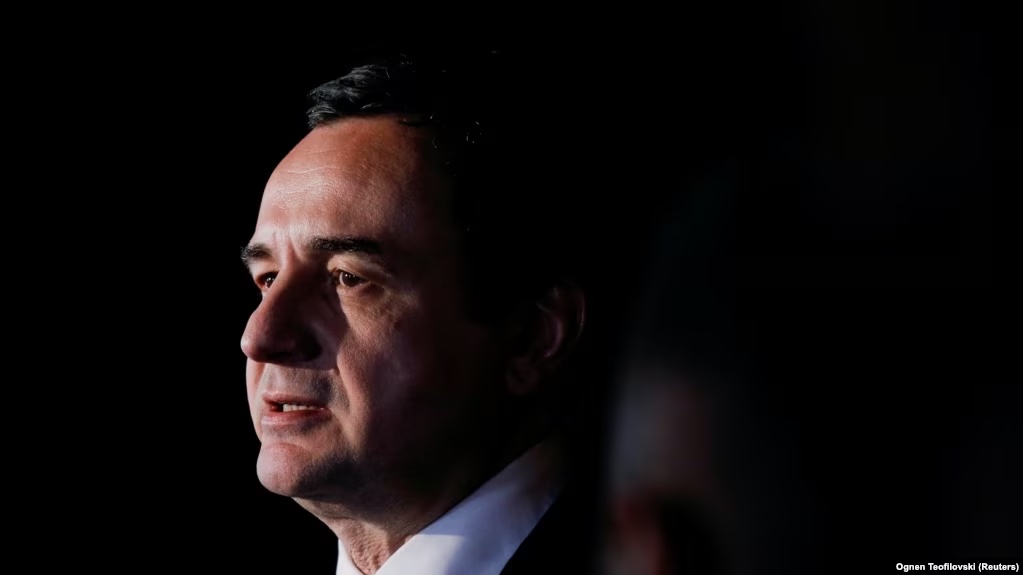Sunday, September 29th 2013

The EU is to deploy more than 100 observers monitoring the local elections in Kosovo, which authorities in Pristina hope will improve their image in the eyes of Europe.
Samuel Zbogar, head of the EU Office in Pristina, announced that more than 100 European observers will monitor the elections due to be held throughout Kosovo on November 3.
“The first observers, eight experts, will come next week on October 2 and then later on, the week after, more teams will come – the long-term observers,” he explained.
“Then, of course the big mission during the election period; the mission will include also the representation from the EU embassies in Kosovo. So, it will be larger than 100,” he added.
His comments follow the signing of a memorandum of cooperation between the EU Office and the Kosovo Central Election Commission, CEC.
The EU High Representative, Catherine Ashton, decided to deploy an observer mission for local elections in Kosovo on September 19, appointing an Italian lawmaker in the European Parliament, Roberto Gualitieri, as head of mission.
This will be the first time that the EU has officially observed local elections in a country.
Zbogar noted that the mission was being sent to Kosovo on the request of President Atifete Jahjaga of Kosovo, and because civil society groups in Kosovo had urged the EU “to send a mission in order not to repeat the problems seen in the electoral process [in Kosovo] in the past”.
The last local elections in Kosovo were held in 2009, but the EU only monitored parliamentary elections of 2010 and the re-vote held in some municipalities for these elections.
A report drafted by European lawmakers, published in January 2011 after the repeat elections in some areas, complained of “insufficient political will, including at grass-root level, to conduct a genuine election in line with international standards and good electoral practice”.
Valdete Daka, head of the CEC, said it would be different this time round, hopefully.
“I hope that… the observers won’t have anything to observe and that the report on the elections in Kosovo will be positive,” Daka said.
The November 3 polls form a crucial part of implementing an EU-mediated agreement between the governments in Pristina and Belgrade intended to help “normalise” their relations. [Serbia does not recognise Kosovo’s independence proclaimed in 2008.]
The last local elections in Kosovo were held in November 2009, but most people in the northern, Serb-run municipalities ignored the poll, and elected their own leaders in a separate vote organised by Serbia. BALKANINSIGHT




